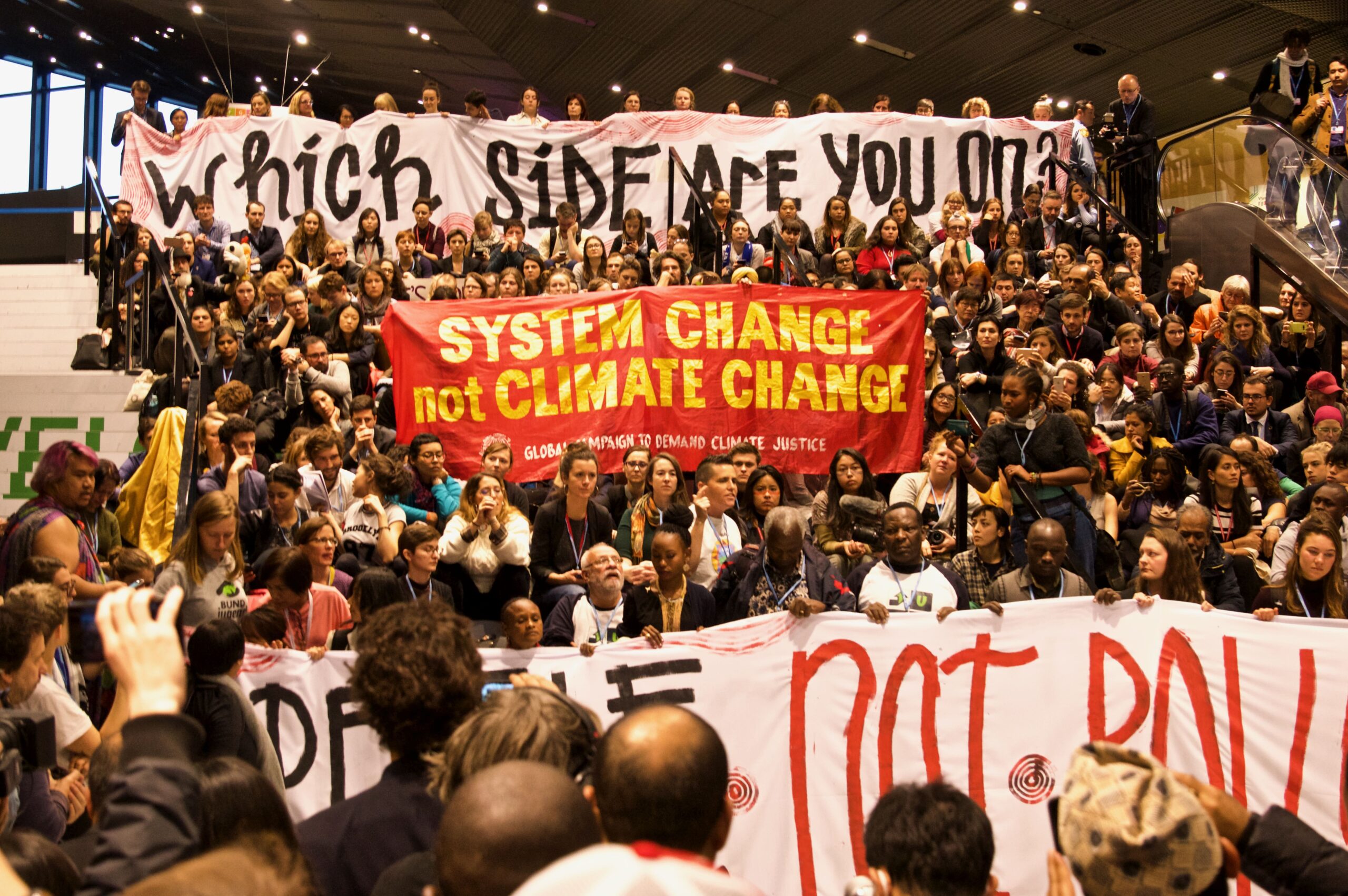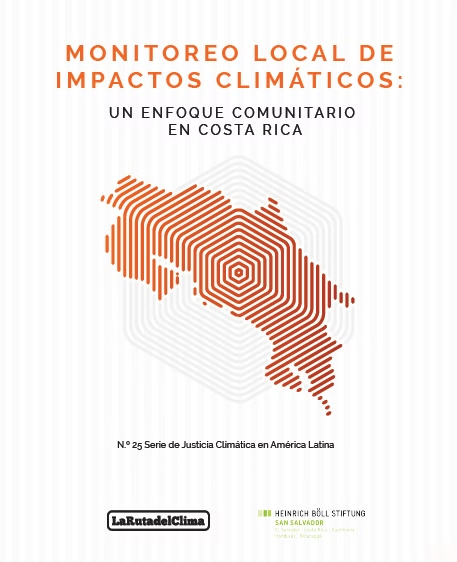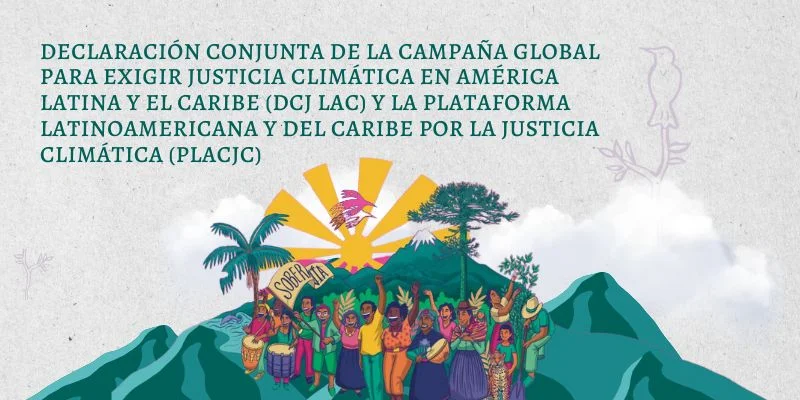False Climate Solutions: Big Polluters’ and Rich Countries’ Hidden Agenda to Obstruct Climate Action
June 9, 2023

November 25, 2025

November 22, 2025



The Global North has an incalculable climate debt owed to the Global South, stemming from their historical and ongoing greenhouse gas emissions that have caused and will continue to cause massive losses and damages. There is a historial, ethical and legal responsibility of the Global North to repay this debt with urgency based on their fair shares
We demand the governments of the Global North to provide at least US$5 trillion per year to the Global South in public finance.

The Climate Route (LRC) has developed the foundations of a Community-based Damage and Loss Information System, with a focus on Community Science and Knowledge Management.
Read more
At the recent 62nd session of the Intergovernmental Panel on Climate Change (IPCC 62), the critical issue of “climate finance” dominated the negotiations with a sharp divide between developed and developing countries
Read more
Third Latin American and Caribbean Meeting for Climate Justice "Stop corporate power over the climate
Read more